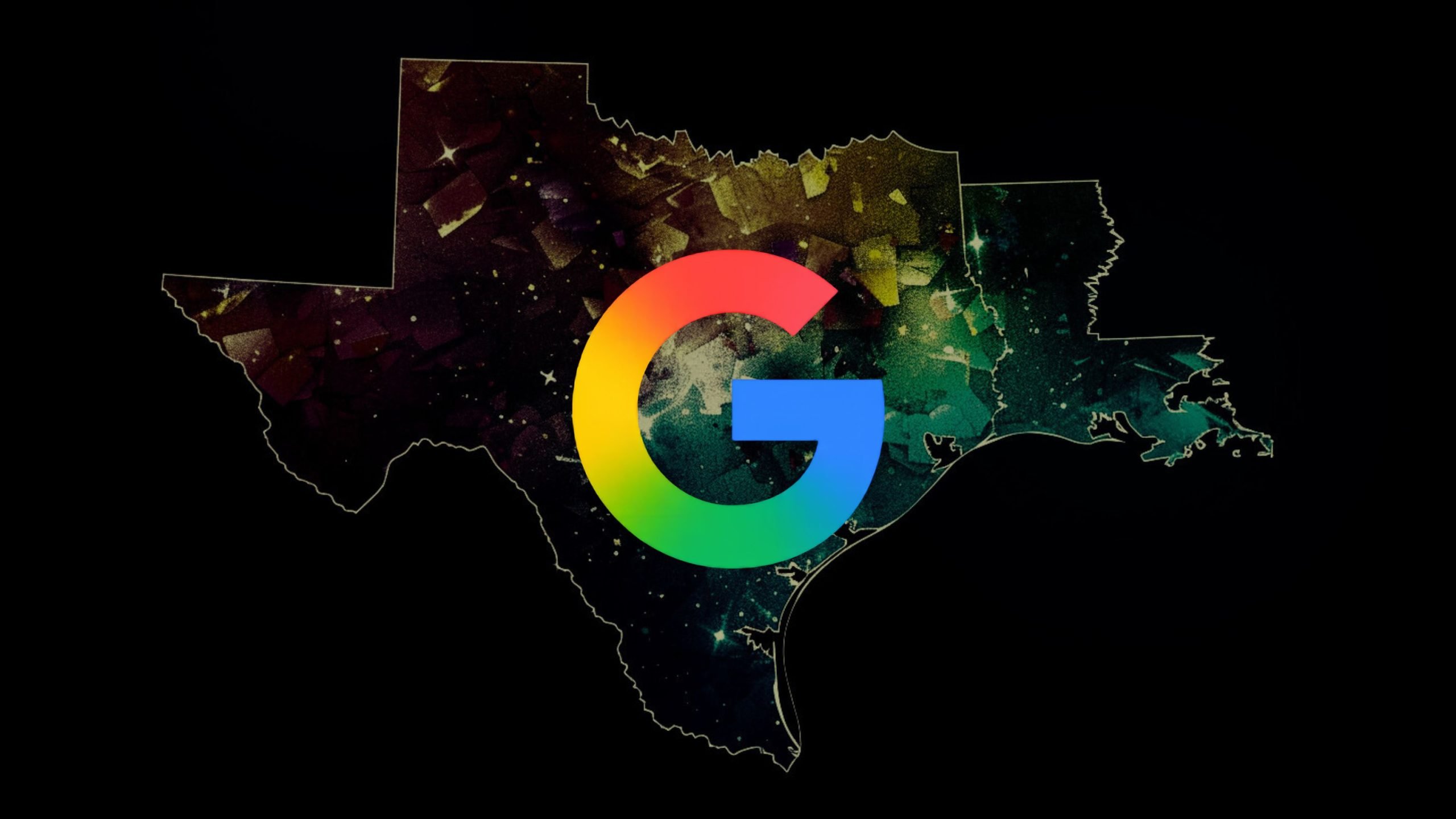Google has reached a $1.375 billion settlement with Texas over allegations the tech giant intruded on user privacy by collecting data without proper consent. The resolution, announced by Texas Attorney General Ken Paxton, concludes two lawsuits centered on the company’s handling of sensitive information across several of its products.
More: Incognito Mode: One of the Sneakiest Big Tech Lies
The lawsuits focused on practices involving Google’s location tracking, biometric data collection, and its private browsing tool, Incognito mode. According to Paxton, the company engaged in prolonged surveillance of individuals’ movements, online activity, and even biometric identifiers like voiceprints and facial features, activities he claimed were conducted without user knowledge or agreement.
“In Texas, Big Tech is not above the law,” said Paxton. “For years, Google secretly tracked people’s movements, private searches, and even their voiceprints and facial geometry through their products and services. I fought back and won.”
Although the total settlement figure has been made public, specific terms remain undisclosed, and the state has not explained how the funds will be distributed.
Google has denied any wrongdoing and emphasized that the agreement resolves claims based on policies that have already been updated. “This settles a raft of old claims, many of which have already been resolved elsewhere, concerning product policies we have long since changed,” said Google spokesperson José Castañeda. He added, “We are pleased to put them behind us, and we will continue to build robust privacy controls into our services.”
The original lawsuits, filed in 2022, accused Google of circumventing user privacy settings, continuing to track locations despite users believing the feature was off. They also charged that the company’s so-called private browsing mode did not actually provide meaningful privacy and that Google had collected biometric data from Texans without obtaining legally required consent.
Despite the financial settlement, Google will not be required to make any technical or product changes.
This legal victory follows a similar outcome against Meta, which last year agreed to pay $1.4 billion to Texas to settle accusations it had illegally gathered and used facial recognition data.













